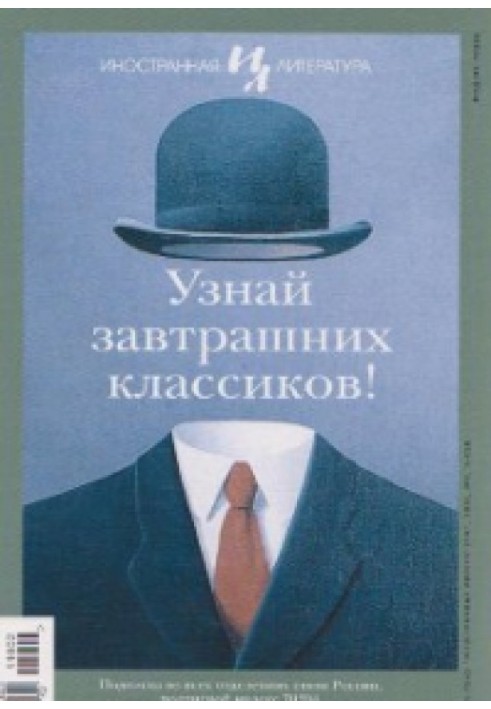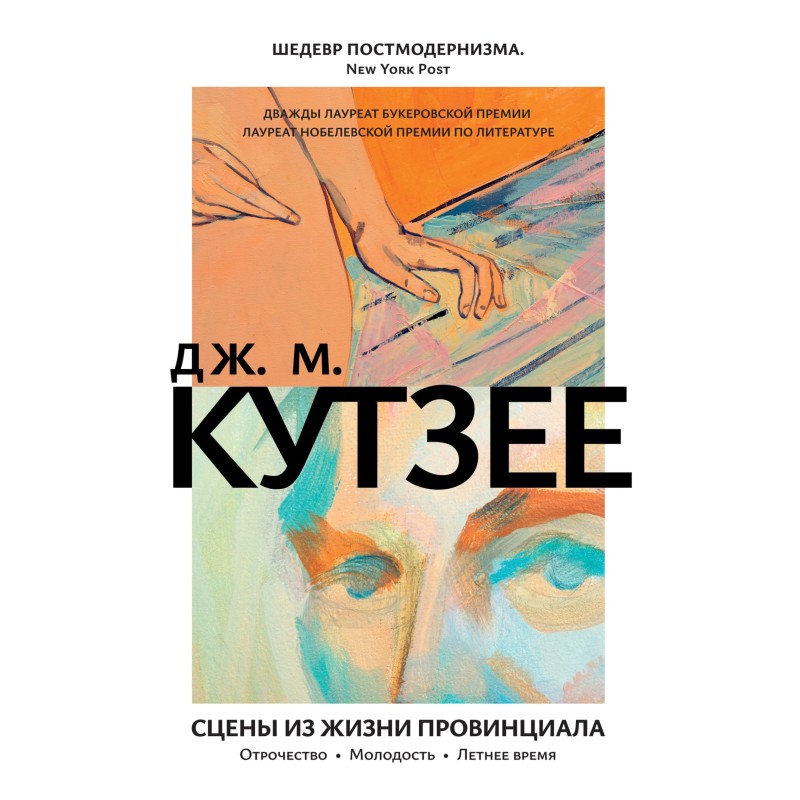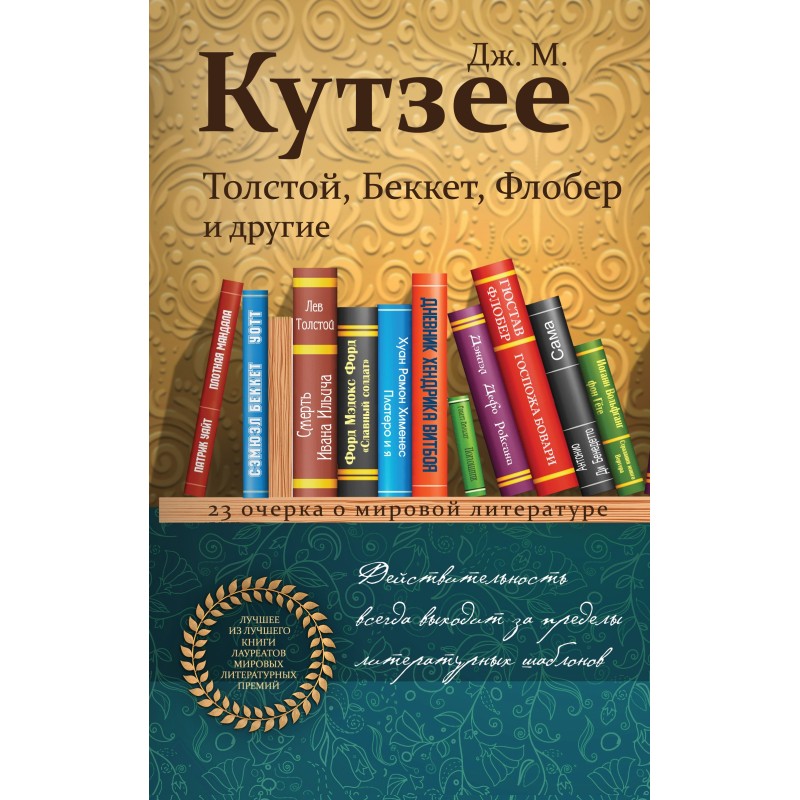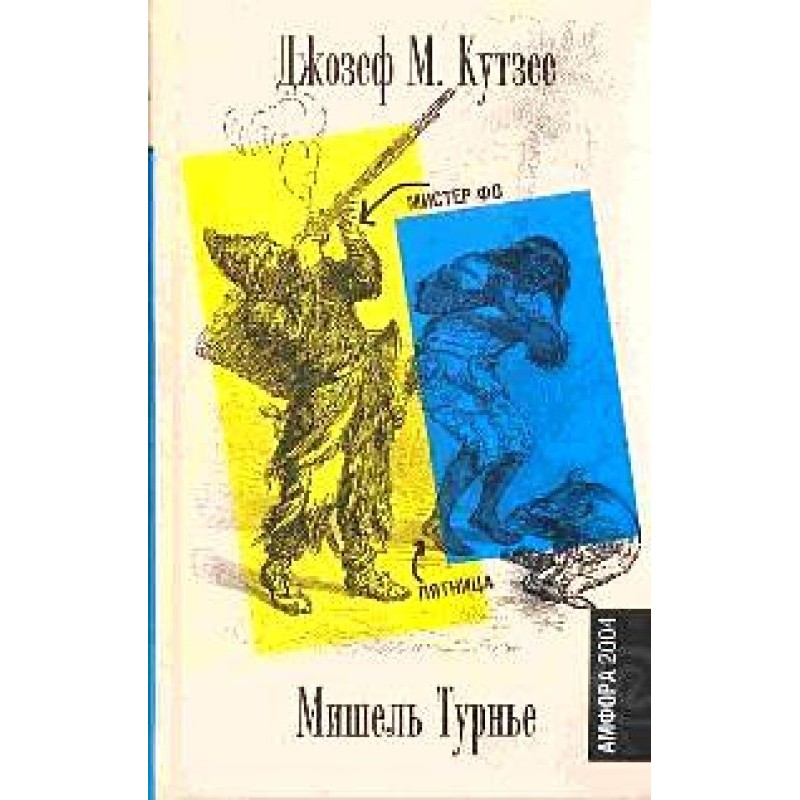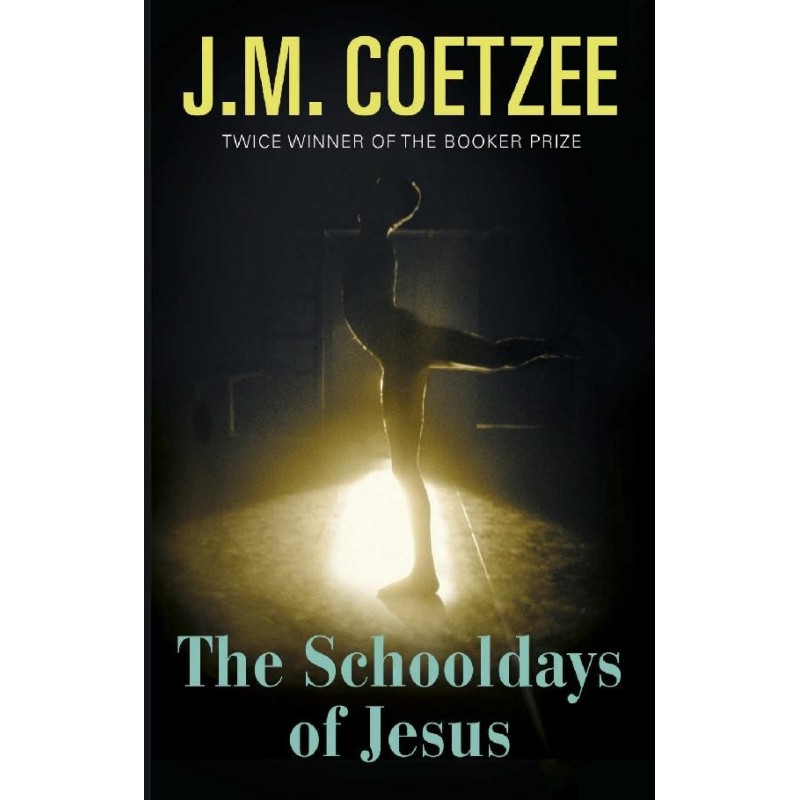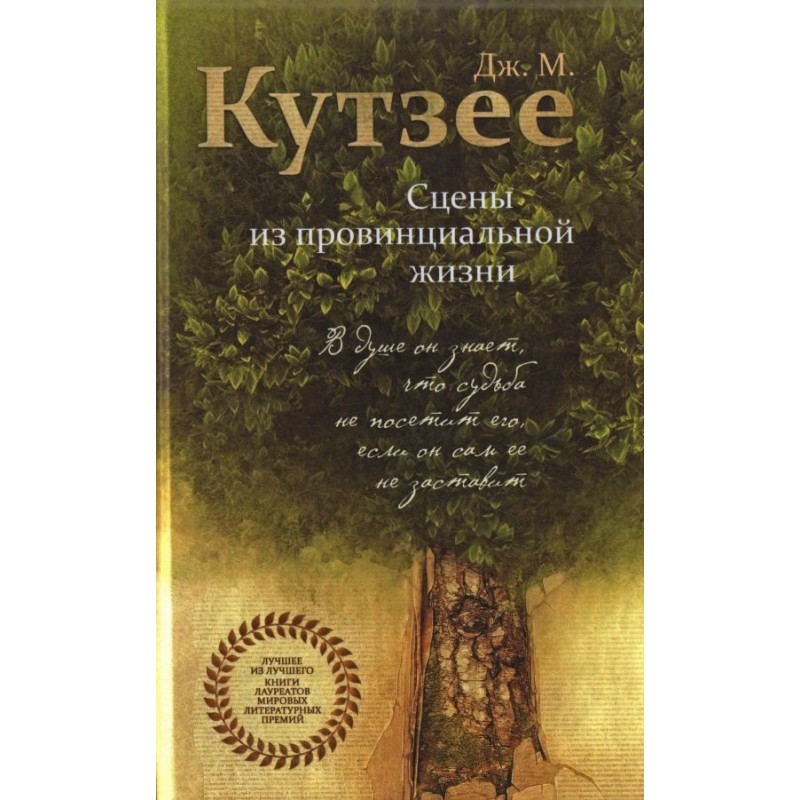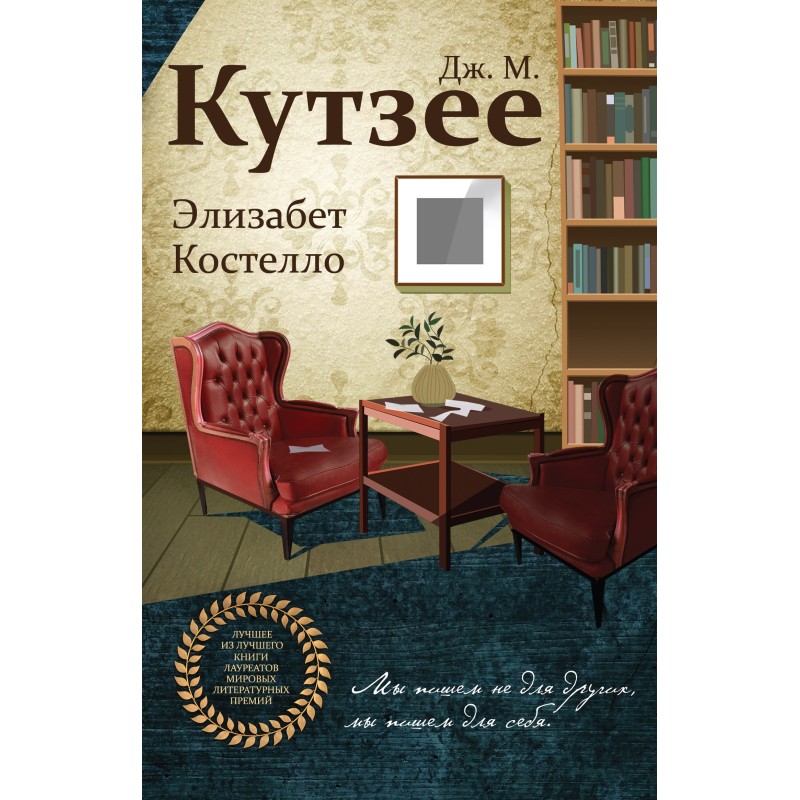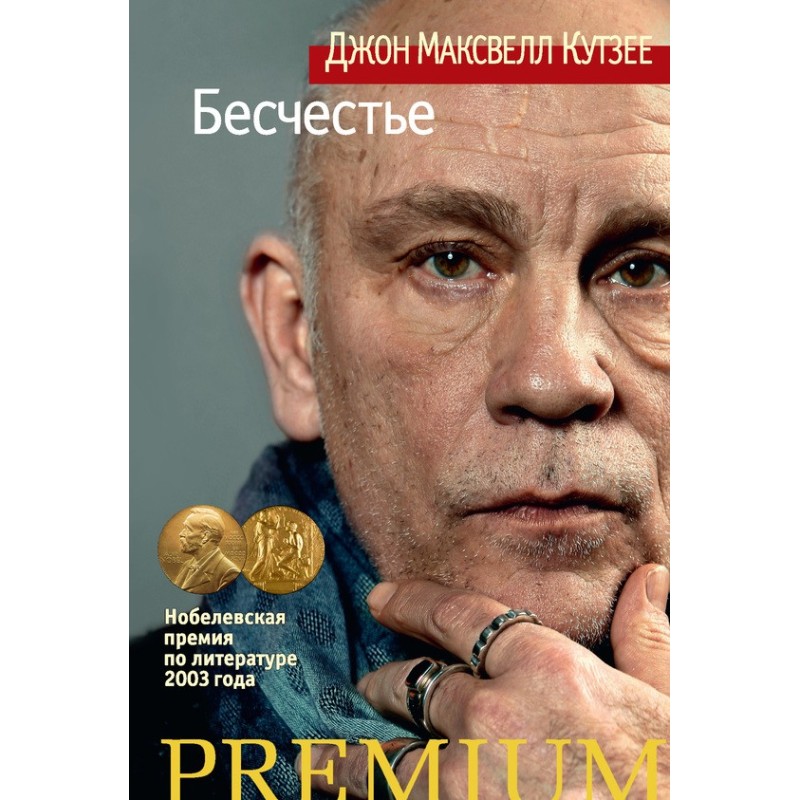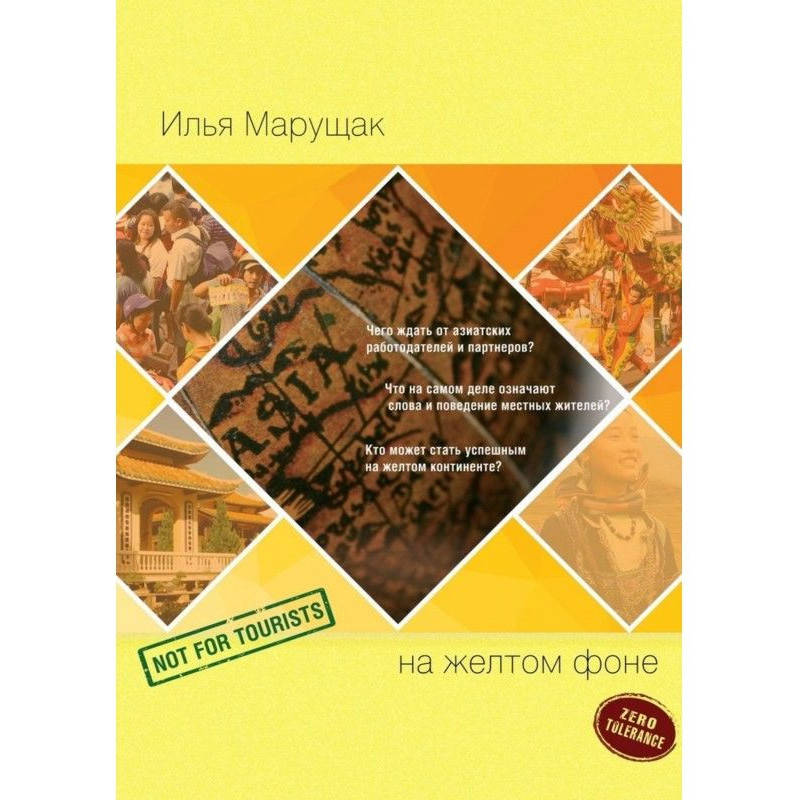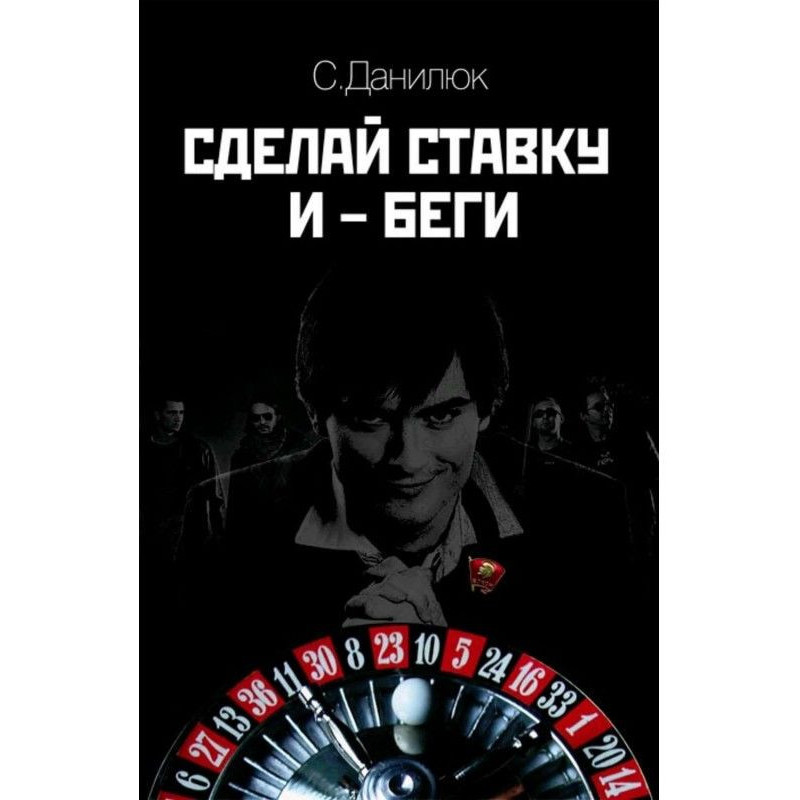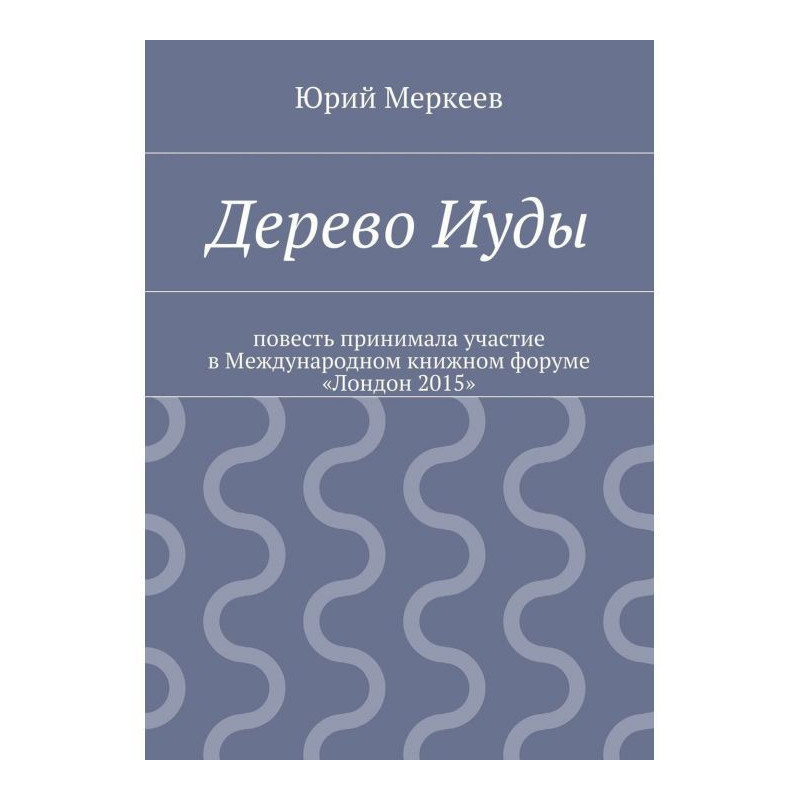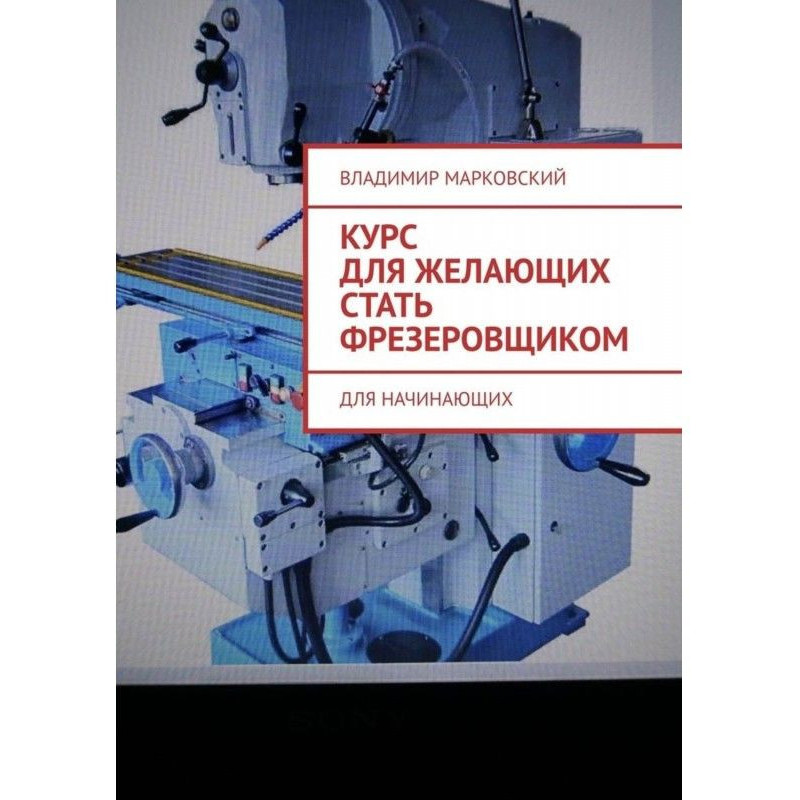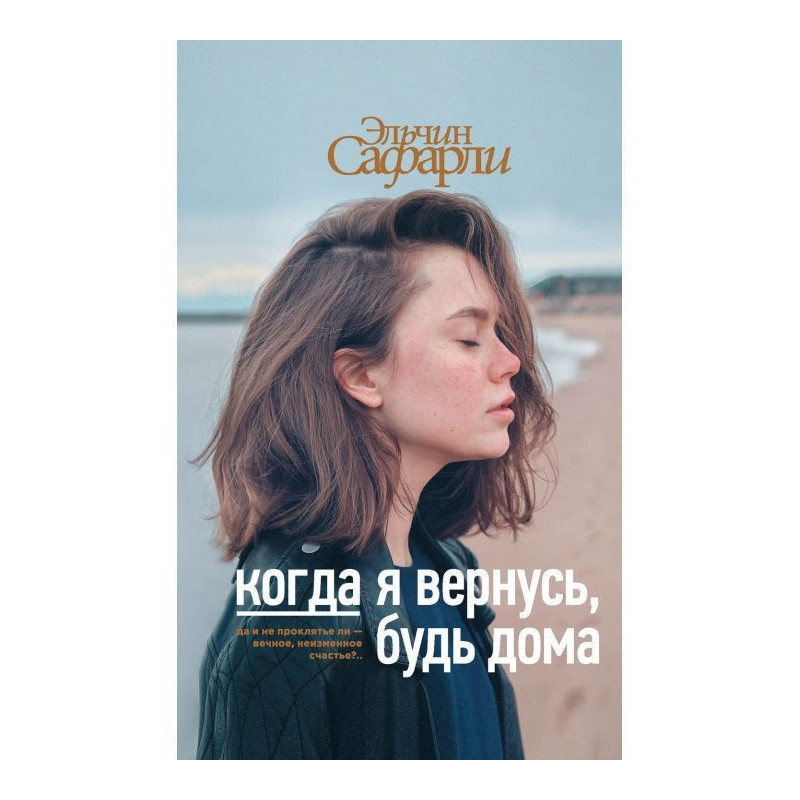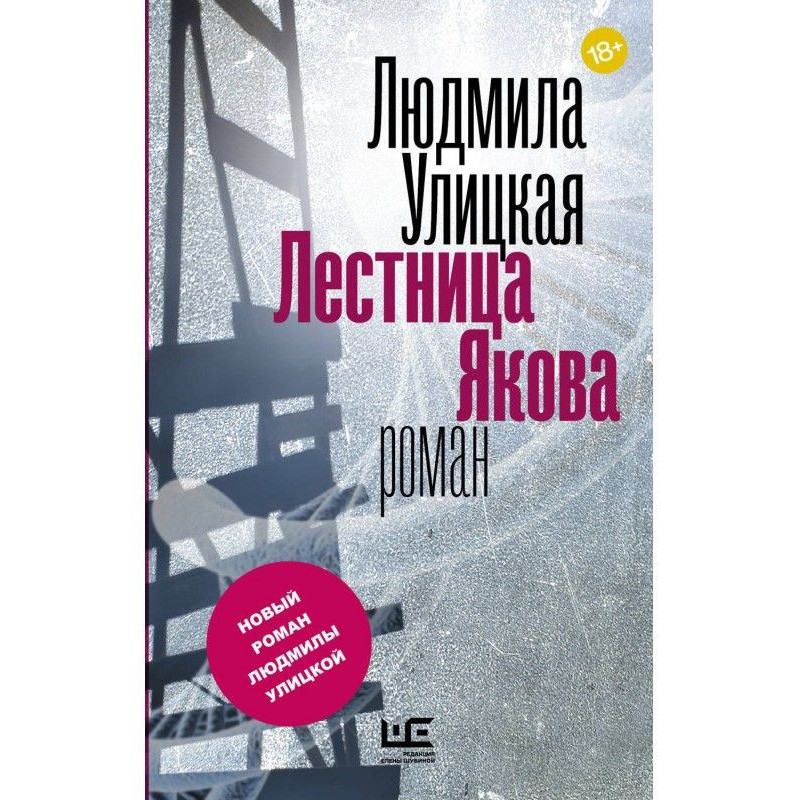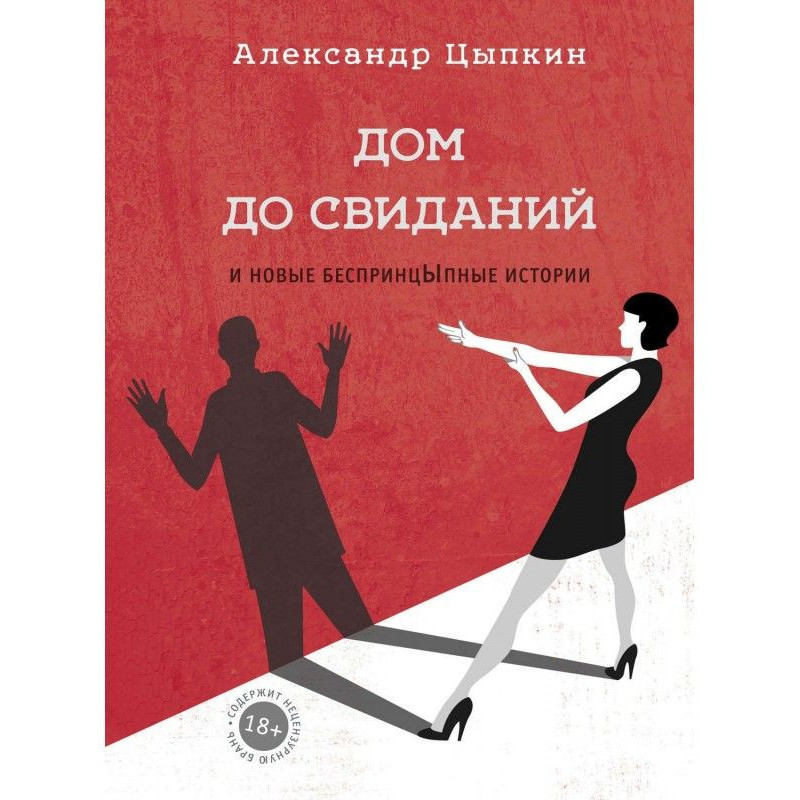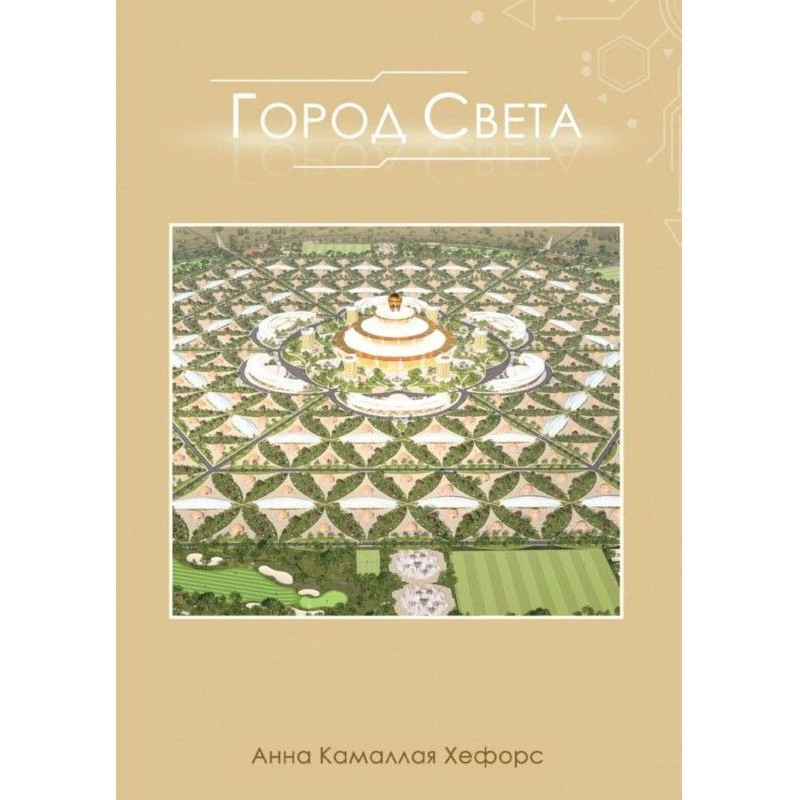Youth
 Instant download
Instant download
after payment (24/7)
 Wide range of formats
Wide range of formats
(for all gadgets)
 Full book
Full book
(including for Apple and Android)
The author of “Youth” - South African writer, Nobel Prize winner John Michael Coetzee - addresses a topic that is both quite special and eternal, at least as long as literature exists: “a portrait of the artist as a youth.” Obsession with life's ultimate task and doubts in one's abilities, pride mixed with timidity, first love experiences, zealous and jealous reading, poverty and odd jobs that distract from the work of one's life...
A native of South Africa, John, hastily leaves his homeland. The dream of every aspiring artist - to get to Europe with its culture - comes true even more quickly than one might expect: the hero flees Cape Town, gripped by the unrest of the indigenous black population, and ends up in London. Here he gets a job as a clerk in a computer company, barely makes ends meet and feels like a stranger, just like in his homeland. More and more often it seems to him that England is pushing him away, but he is not even a “political refugee” - for he fled “from boredom... From philistinism. From moral atrophy. Out of shame.” The gray, boring, routine life leads the hero to the idea that his only gift is the gift of “suffering, boring, honest suffering.”
Together with a young provincial settling in in London, we are again - only on the opposite side of the Berlin walls - we “live” and comprehend the everyday life of the “Cold War”, the “Cuban crisis”, the trial of Joseph Brodsky, the Vietnam War, the problems of “man and computer” (who ultimately subjugates whom - in connection with which the author is on behalf of the hero shares with readers the guess that “logic is a human invention, and not part of the fabric of existence”) - and much more.
In the end, the author brings the hero to the need for a fragile reconciliation with life, which the hero is completely unable to joy, puts a self-deprecating internal monologue into his mouth and leaves him to his fate, taking full advantage of the harsh copyright to ask uncomfortable questions - and not answer them.
Data sheet
- Name of the Author
- Джон Кутзее Максвелл
- Language
- Russian
- Translator
- Сергей Борисович Ильин
Reviews
Глибока і зворушлива історія про молодість і пошуки себе
Книга "Молодість" Джона Майкла Кутзее - це справжня літературна перлина, яка змушує задуматися про сенс життя, творчість і пошуки власного місця у світі. Автор майстерно малює портрет молодого художника, який намагається знайти свій шлях у житті, борючись із сумнівами, страхами та невизначеністю. Його подорож з Південної Африки до Лондона стає символом не лише фізичного, а й духовного пошуку. Кутзее вміло відображає складнощі адаптації до нового середовища, відчуття чужості та боротьби з рутиною. Читач відчуває глибокий емоційний зв'язок з героєм, його переживаннями і внутрішніми конфліктами. Книга не лише про молодість, а й про страждання, яке супроводжує творчість, про пошуки сенсу в світі, де все здається нудним і безглуздим. Ця історія залишає по собі глибокий слід і спонукає до роздумів про власні мрії та прагнення. Рекомендую всім, хто цінує глибокі літературні твори, які торкаються важливих тем людського існування.

